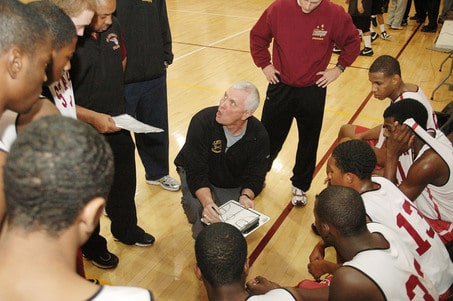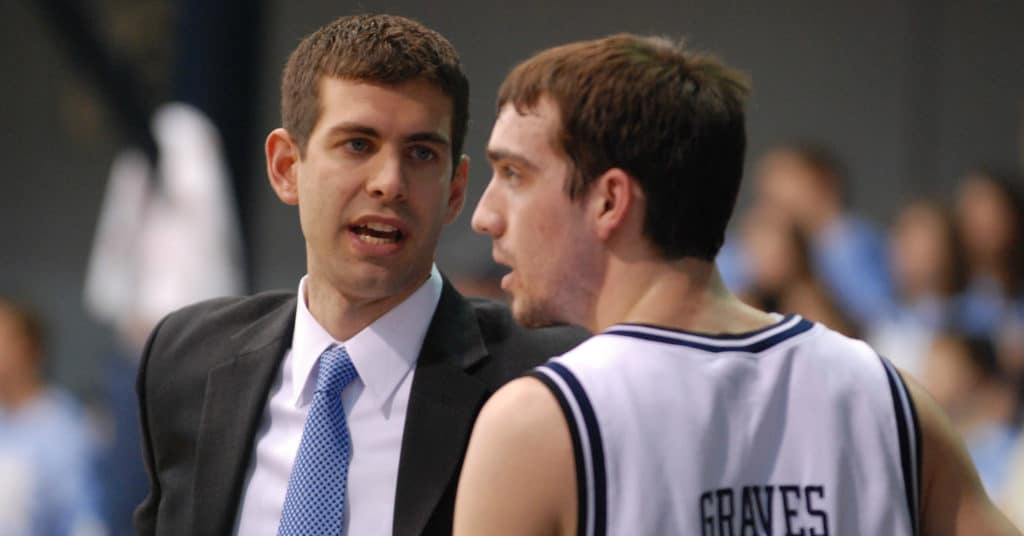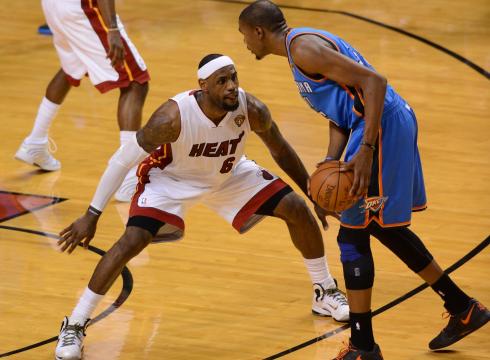
Strategies for Coaching Against Highly Skilled Opponents: Creating a Winning Gameplan
Coaching against highly skilled opponents presents unique challenges that require tailored strategies and effective preparation. When facing teams with exceptional talent, it’s crucial to adopt strategies that neutralize their strengths and maximize your team’s opportunities.
This article outlines key strategies for coaching against highly skilled opponents, providing actionable insights to help you develop a winning game plan.

1. Thorough Scouting and Preparation
Preparation is essential when facing a highly skilled opponent. A detailed scouting process can provide valuable insights into their strengths, weaknesses, and playing style.
Scouting Reports
Gather comprehensive scouting reports on your opponent. Analyze their key players, offensive and defensive schemes, and recent performance trends.
- Player Breakdown: Focus on individual player strengths and weaknesses. For instance, identify if a player has a dominant left hand or struggles with defensive rotations.
- Team Tendencies: Look for patterns in how the team operates in specific game situations, such as during a press or in half-court settings.
Film Analysis
Study game film to identify patterns in their play, such as favorite plays, shooting tendencies, and defensive strategies. Pay attention to how they handle different game situations and adjust accordingly.
- Critical Situations: Look for how they respond in clutch situations or during timeouts. Understanding their behavior during pressure moments can give you an edge in strategy.
- Defensive Setups: Note how they defend against specific offensive sets. This will allow you to exploit any potential gaps in their defense.

2. Implement a Flexible Defensive Strategy
A flexible defensive strategy allows you to adapt to the high-level skills of your opponents and address their key threats effectively.
Multiple Defensive Schemes
Employ a combination of defensive schemes, such as man-to-man, zone, and press defenses. Switching between schemes can disrupt your opponent’s offensive rhythm and prevent them from settling into a comfortable play style.
- Situational Defense: Choose your defensive approach based on the current game situation. For example, if you’re trailing late in the game, applying full-court pressure might force turnovers.
- Adjust as Needed: Monitor how well your defense holds up and adjust strategies accordingly. If a particular scheme isn’t effective, be prepared to switch.
Defensive Adjustments
Be prepared to make in-game defensive adjustments based on the opponent’s performance. If a particular player is dominating, consider focusing defensive efforts on neutralizing that player.
- Double Teams: If you identify a player that is consistently scoring, consider implementing double teams or more aggressive defense to force the ball out of their hands.
3. Focus on Fundamentals and Discipline
Against highly skilled opponents, maintaining fundamental basketball skills and discipline is crucial.
Fundamental Defense
Emphasize strong defensive fundamentals, such as proper positioning, hand placement, and staying low in your stance. Basic defensive skills can help limit the effectiveness of even the most skilled players.
- Fundamental Drills: Regularly practice drills that reinforce basic skills, such as defensive slides, closing out on shooters, and boxing out for rebounds.
- Accountability: Encourage players to hold each other accountable for defensive assignments and maintain discipline throughout the game.
Discipline
Ensure players stick to the game plan and avoid unnecessary fouls or overcommitting on defense. Discipline helps maintain a structured defense and prevents giving up easy scoring opportunities.
- Situational Awareness: Teach players to be aware of the game situation and adjust their play accordingly, especially when it comes to fouls and defensive assignments.
4. Utilize Special Game Plans
Develop special game plans to address specific threats posed by highly skilled opponents.
Key Player Focus
Identify the opposing team’s key players and develop specific strategies to contain them. This could include double-teaming, denying them the ball, or forcing them into uncomfortable positions.
- Personalized Defense: Assign your best defender to guard their top scorer. Make sure that the defender understands the importance of not only containing their scoring but also disrupting their rhythm.
Exploit Weaknesses
Find and exploit any weaknesses in the opponent’s game. Whether it’s a lack of depth, poor perimeter shooting, or vulnerability to certain defensive schemes, targeting these areas can provide an advantage.
- Offensive Matchups: Create offensive plays that take advantage of mismatches against less skilled defenders on the opposing team.

5. Enhance Team Communication and Coordination
Effective communication and coordination among players are essential for executing defensive strategies and adjusting to highly skilled opponents.
Communication Drills
Incorporate drills that focus on improving communication on the court. Ensure players call out screens, switches, and defensive assignments clearly and promptly.
- Communication Cues: Establish specific verbal cues for certain plays or defensive adjustments. This will enhance clarity during high-pressure situations.
Team Chemistry
Foster strong team chemistry to enhance coordination. A well-coordinated team can execute defensive schemes more effectively and react swiftly to opponents’ movements.
- Bonding Activities: Organize team-building exercises to strengthen relationships among players, which in turn improves on-court communication.

6. Prepare for Different Scenarios
Highly skilled opponents can adapt quickly, so preparing for various scenarios can help you stay ahead.
Late-Game Situations
Practice strategies for late-game situations, such as managing a lead or making a comeback. Prepare for different end-of-game scenarios, including final possessions and critical defensive stops.
- End-of-Game Plays: Develop specific plays and defensive setups for late-game situations, ensuring your team is well-prepared to execute them under pressure.
Adjustments
Be ready to adjust your game plan based on how the game unfolds. This includes adapting to the opponent’s changes in strategy, player performance, and game tempo.
- Real-Time Analysis: Continuously assess the game flow and be prepared to make strategic changes based on your observations and opponent tendencies.
7. Emphasize Physical and Mental Toughness
Against highly skilled opponents, physical and mental toughness can make a significant difference in performance.
Physical Conditioning
Ensure your team is in peak physical condition to compete effectively. Focus on strength, endurance, and agility training to keep up with the intensity of the game.
- Conditioning Regimen: Implement a conditioning regimen that focuses on building both aerobic and anaerobic fitness. This prepares players for the high demands of competitive play.
Mental Toughness
Develop mental toughness by preparing players for high-pressure situations. Use visualization, focus exercises, and stress management techniques to help players stay composed and confident.
- Mental Drills: Incorporate mental drills into your practice sessions to prepare players for the psychological challenges they may face during critical moments in the game.
Strategies for Coaching Against Highly Skilled Opponents Conclusion:
Coaching against highly skilled opponents requires a strategic approach that includes thorough preparation, flexible defensive schemes, and a focus on fundamentals.
By employing special game plans, enhancing team communication, and preparing for various scenarios, you can effectively compete against top-level teams. Emphasizing physical and mental toughness will further strengthen your team’s ability to handle high-pressure situations and perform at their best.




